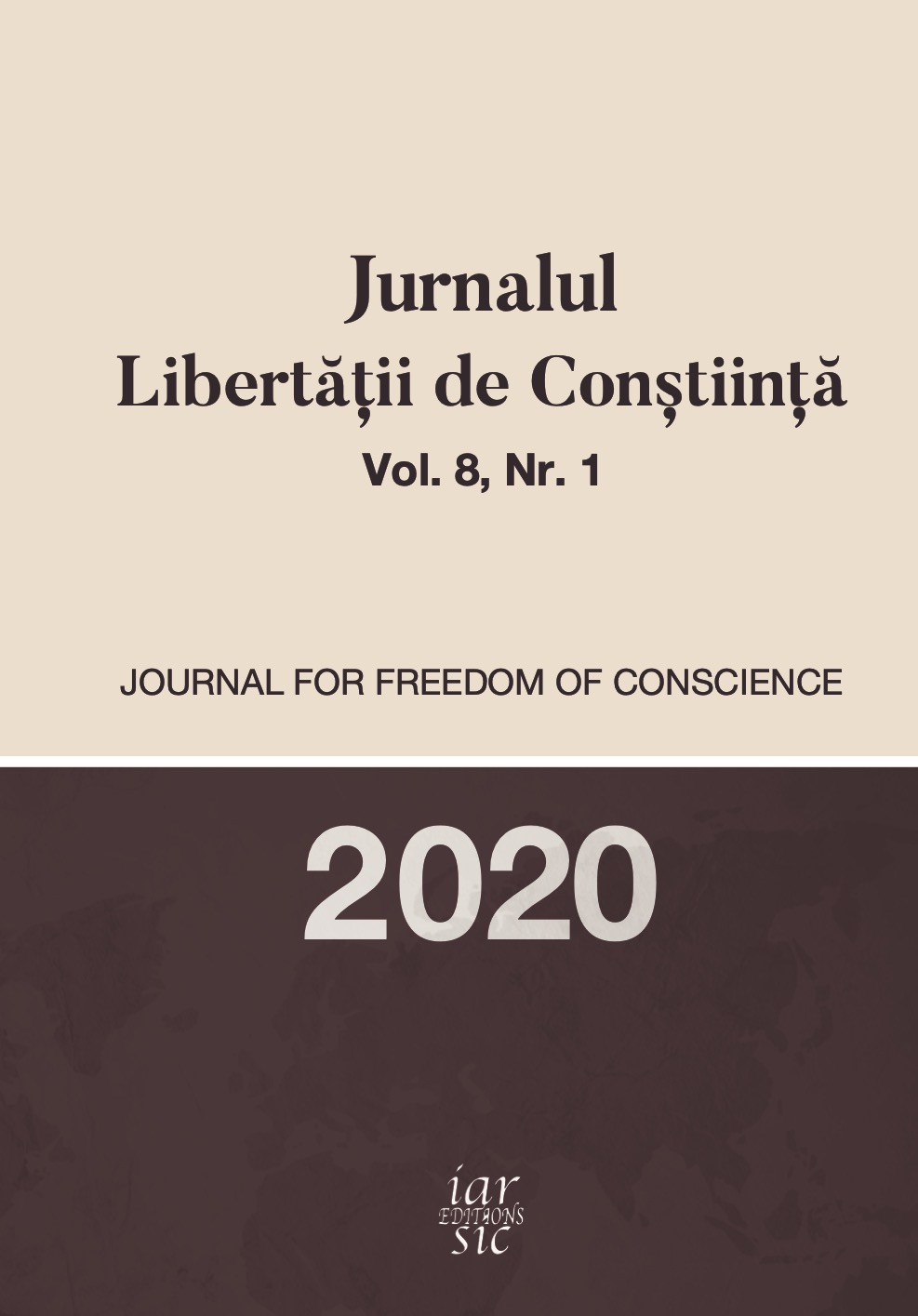SCENARIOS OF EVOLUTION FOR COMMON AGRICULTURAL POLICY IN THE CONTEXT OF COVID-19 CRISIS. IMPLICATIONS FOR THE RIGHTS OF EU FARMERS
SCENARIOS OF EVOLUTION FOR COMMON AGRICULTURAL POLICY IN THE CONTEXT OF COVID-19 CRISIS. IMPLICATIONS FOR THE RIGHTS OF EU FARMERS
Author(s): Andreea-Emanuela DrăgoiSubject(s): Law, Constitution, Jurisprudence, Constitutional Law
Published by: Editions IARSIC
Keywords: Common Agricultural Policy; Direct Payments; COVID-19 crisis; EU farmers;
Summary/Abstract: This paper presents the impact of three possible scenarios for the future of Common Agricultural Policy (CAP) in the post-2020 period, using the most recent data from European Commission while depicting also the possible outcomes of COVID-19 crisis outburst for EU farmers’ rights and obligations, especially concerning the Direct Payments mechanism. Many analysis have underlined that during COVID-19 crisis it is mandatory that the agricultural sector must be supported in order to ensure that food and other processing facilities remains operational, while protecting farmers income, but in our opinion it is also equally important that farmers should use the direct payments for their initial objective, avoiding unnecessary spending and preserving farming ethics in practice, while keeping the balance between gains and integrity. The objective of our research is to underline the advantages and disadvantages of the CAP scenarios regarding: agricultural production, product prices, and trade in agricultural products, farm incomes and employment in rural areas. Finally, we will conclude on which of this scenarios is best suited for achieving sustainable economic growth in rural areas and for increasing food security at EU level, while highlighting the main changes that COVID-19 crisis may trigger.
Journal: Jurnalul Libertății de Conștiință
- Issue Year: 8/2020
- Issue No: 1
- Page Range: 787-798
- Page Count: 12
- Language: English

